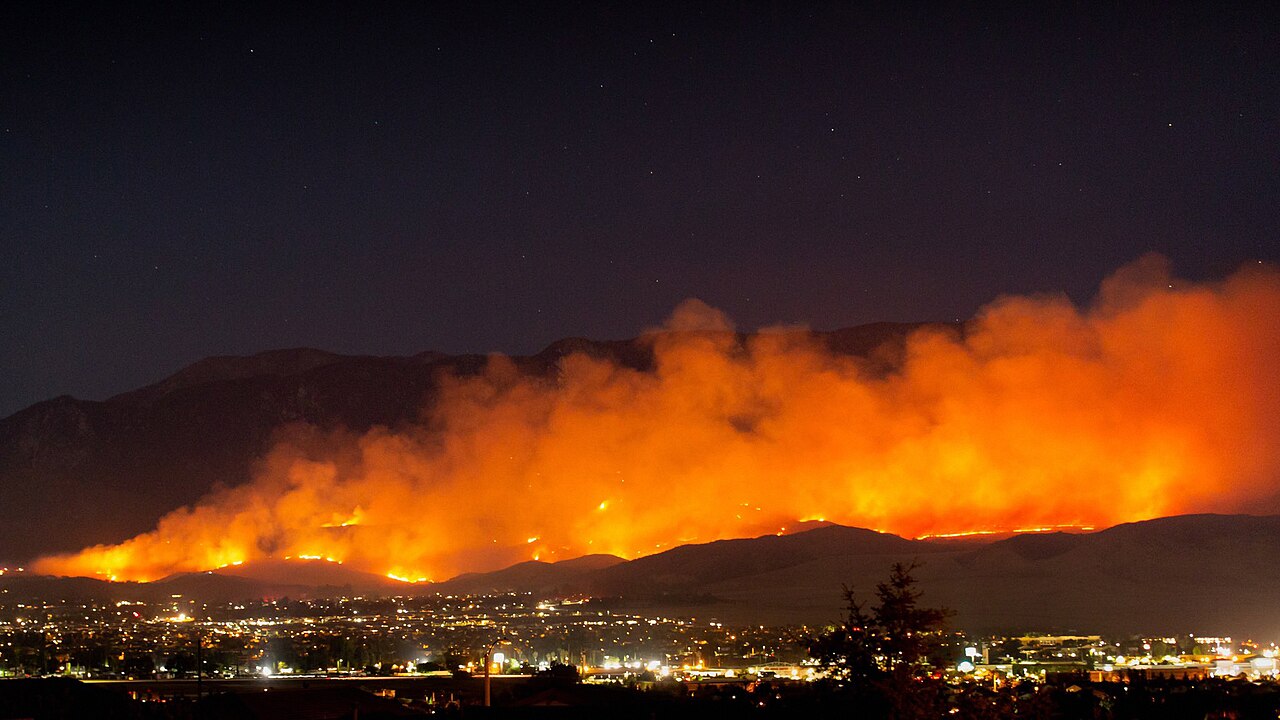Thousands of COVID-19 cases and deaths in California, Oregon, and Washington between March and December 2020 may be attributable to increases in fine particulate air pollution (PM2.5) from wildfire smoke, according to a new study co-authored by researchers at Harvard T.H. Chan School of Public Health.
The study is the first to quantify the degree to which increases in PM2.5 pollution during the wildfires contributed to excess COVID-19 cases and deaths in the U.S. It was published online August 13, 2021, in Science Advances.
“The year 2020 brought unimaginable challenges in public health, with the convergence of the COVID-19 pandemic and wildfires across the western United States. In this study we are providing evidence that climate change—which increases the frequency and the intensity of wildfires—and the pandemic are a disastrous combination,” said Francesca Dominici, Clarence James Gamble Professor of Biostatistics, Population and Data Science at Harvard Chan School and senior author of the study.
Image description: The Apple Fire burns north of Beaumont, California, on July 31, 2020. Photo: Brody Hessin. Image is licensed under a CC BY 4.0 Deed | Creative Commons Attribution 4.0 International license.


